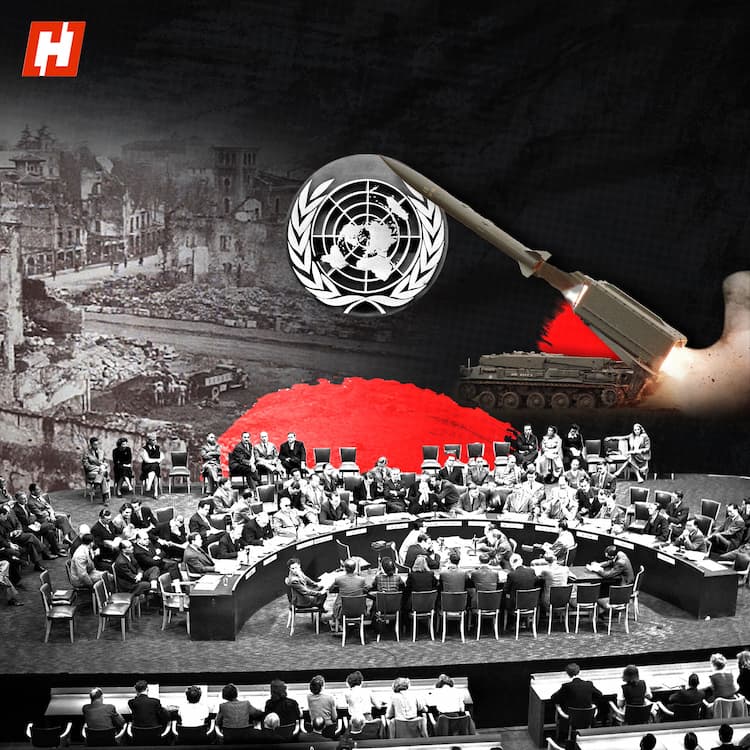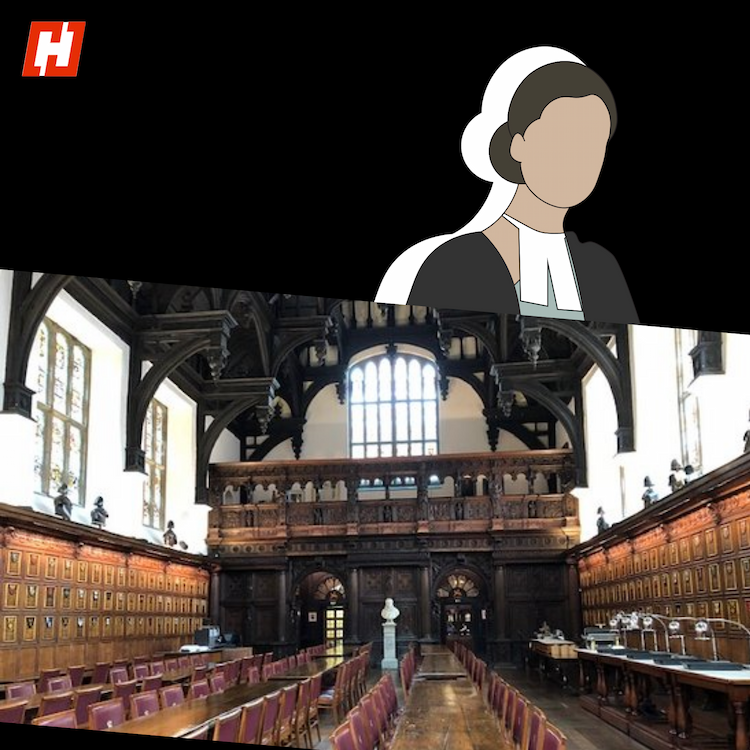Serbia on Wednesday was rocked by violent anti-government protests as thousands of opponents and supporters of populist President Aleksandar Vucic faced off against each other.
Riot police had to be called in after masked men wielded batons and hurled stones, missiles and flares at campaigners against corruption in the northern city of Novi Sad. According to Vucic, 16 police officers and around 60 SNS backers were injured in the ensuing melee. Serbia’s political opposition countered, accusing the police of doing little to stop the violence.
The clashes are said to have first begun on Tuesday night in Vrbas, northwest of the capital Belgrade with riot police having to separate the two groups as they clashed outside SNS offices. Since then similar simultaneous protests have cropped up across Serbia.
Belgrade on Wednesday saw police in full riot gear blocking anti-government protesters from approaching the area in a park near the Parliament building. Vucic’s supporters have been camping there since March as protesters demand Vucic call for snap elections instead of the planned regular elections in 2027.
The 9-month long student-led protests were triggered in November in Novi Sad itself after a train station canopy collapsed killing 16 people. Protesters blamed the tragedy on institutional corruption in state infrastructure projects, heaping pressure on Vucic’s governing right-wing Serbian Progressive Party (SNS).
Vucic has been accused of being increasingly authoritarian since coming to power over a decade ago, first as Prime Minister in 2014 and then as President since 2017. Serbian students, opposition leaders, and anti-corruption watchdogs have accused him and his allies of ties to organised crime, violence against rivals and curbing media freedoms. The SNS strongman though remains defiant and has rejected the accusations and calls for snap elections.
Vucic, along with other government officials and pro-government media, have repeatedly labelled the protesters as “terrorists”, even though protests since November have been largely peaceful. He has maintained the enduring protests are part of a foreign plot to overthrow his government and destabilise Serbia without offering any evidence to support the claims.
The November protests resulted in Prime Minister Milos Vucevic resigning in January 2025 and his ministry collapsing. Vucic and the SNS though have stayed in power with a reshuffled administration.
What are the key demands of the anti-government protesters?
They have persistently reiterated the need for free and fair elections through several reforms - such as a review of voter records, equal access to media for all political participants and measures to prevent vote-buying. Furthermore they have called for reforming the education system and recognising student bodies - also known as plenums - as legal entities. Additionally, they want assurances of fair wages for all education sector workers as well as maintaining the autonomy of universities.
It will be interesting to see how Vucic handles the latest uprising with Europe looking on.
Serbia has long sought to become a member of the European Union, having applied for membership in 2009. The Balkan nation was granted ‘Candidate’ status in 2012 with formal accession negotiations having kicked off in January 2014.
Serbia has made progress in aligning with EU standards and implementing reforms but the ongoing process involves complex political and economic considerations.
Marta Kos, EU’s Commissioner for Enlargement in February expressed concerns about the incidents against anti-government protesters before adding that the European Commission regularly assesses the situation in Serbia, reiterating the nation’s path to the EU remains a priority.
She however warned that EU membership hinges on Serbia implementing the required reforms like aiding the fight against corruption, ensuring the independence of the judiciary, and improving electoral conditions, among others.
Most importantly, Vucic is under pressure from both the EU and the US to normalise relations with Kosovo.
For context - Kosovo declared unilateral independence from Serbia in 2008. While it is recognised by more than 100 UN members, Serbia has refused to do so and is backed by allies like Russia and China.
Then Prime Minister Vucevic, in his May 2024 speech in the Serbian Parliament, decried that the “burdens” introduced into the membership process “cannot be ignored”. Burdens such as Serbia “humiliating” itself by recognising Kosovo’s independence and joining sanctions against Russia for its invasion of Ukraine.





